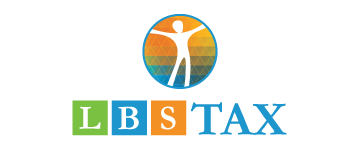Being self-employed is one of the greatest feelings in the world. You get to set your own hours, be your own boss, work on the projects you want to work on and decide where you work. It takes a great deal of discipline and dedication to be a successful freelance professional, and a great deal of knowledge when it comes to filing your taxes as a freelance professional. Filing your taxes can be almost as demanding as finding clients and projects to keep money rolling in. Give yourself every advantage by reading up on just what it means to be a tax paying freelance professional.
Pay it Back to Pay it Forward
The first thing you’ll want to do when you start freelancing is set back money for your taxes. Since you’re your own boss, you have to do your own deductions, otherwise you’ll find yourself scrambling for money when tax day rolls around. You might want to open up a separate bank account just for your taxes and keep it separate from your savings and checking account. Alternatively, you can set yourself up on a quarterly payment plan where you estimate how much money you’ll owe at the end of the year and make payments four times a year. If you over estimate, you’ll get money back and if you under estimate you’ll have to pay the difference.
Deductions
There are a number of deductions freelancers qualify for, including home office deductions, mileage, work supplies, insurance, advertising and paying rent on buildings you use for your business. Do your research to see what deductions you qualify for and be sure to keep perfect records so that you’ll be prepared in case you’re ever audited. You should know that the IRS keeps an especially close eye on freelance professionals. Keep a record of all of your business-related expenses and update them as much as you have to. This might be time consuming and tedious, but it could save you a lot of time, money and frustration if you’re ever are audited by the IRS.
Hire a Professional
No matter how good your records and your knowledge of taxes is, you should still let an accountant or another tax preparer look over your tax returns and records. The reason for this is that they have knowledge and experience that you don’t. They’ll know what new deductions you might qualify for and what new changes are taking place with taxes that might affect you. Hiring a professional might cost you more money than you’d like to pay, but doing so could save you more money than you realize.
Know what all you’ll be getting into as a freelance professional before you decide to quit your regular job. Ease into the shift and educate yourself before you make the plunge into the freelance pool.
